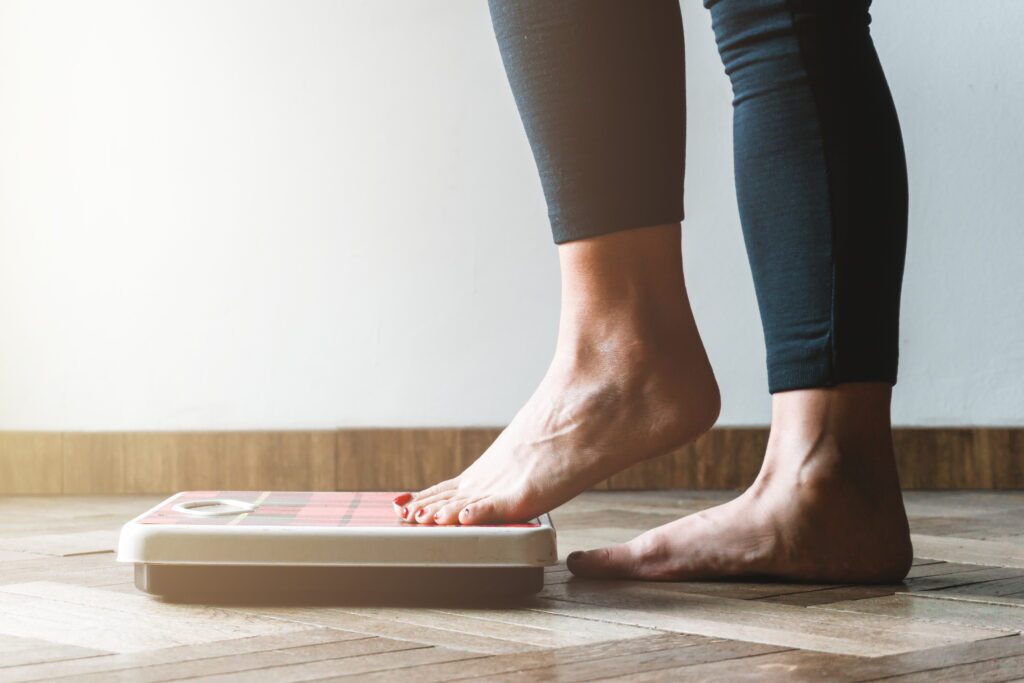Medical Review by Heidi Moawad MD
Summary:
- Explore the concerns about the relationship between birth control and weight gain to ensure you can make informed decisions.
- There are various birth control options available, including hormonal methods such as pills, patches, injections, and hormonal IUDs, and non-hormonal methods such as condoms, diaphragms, gels, and copper IUDs.
- There is no significant association between birth control and weight gain, according to multiple studies. Any changes in weight are often temporary and not directly caused by the contraceptive.
- Non-hormonal options like copper IUD and barrier methods offer hormone-free contraception, providing peace of mind for those concerned about hormonal influences and weight gain.
- When choosing birth control, consider medical history, lifestyle, and preferences, and discuss with your healthcare provider to ensure the best choice for contraceptive needs and overall health.
Understanding the relationship between birth control and weight gain
Many women share a common concern when considering birth control options: the potential impact on weight. At Lemonaid, we understand the importance of addressing these concerns head-on. Our goal is to empower you with accurate information and guidance on selecting birth control with minimal effects on your weight, helping you make informed decisions for your health and well-being.
What choices are out there?
The realm of birth control is diverse, offering various methods to suit different needs and preferences. Understanding the vast array of options is the first step in choosing how to align your health goals and lifestyle.
- Pills
- Patches
- Injections
- Hormonal IUDs
- Condoms
- Diaphragms
- Gels
- Copper IUDs
The truth about birth control & weight gain
Despite multiple studies disproving any significant association between them, there are still many misconceptions about the connection between birth control and weight gain. When doing your own research, be sure to know the difference between anecdotal experiences and scientific evidence. While some individuals may experience slight changes in weight after starting birth control, these effects are not proven by widespread clinical evidence.
Hormonal contraceptives, including options like the pill (e.g., Yasmin®, Ortho Tri-Cyclen® and the Depo-Provera® shot, have been scrutinized for their potential impact on weight. Most research, however, indicates that any perceived weight gain is minimal and not directly attributable to the contraceptive itself. It’s important to discuss specific concerns and brand choices with a healthcare provider to find the best fit for you.
Non-hormonal contraceptive options
For those concerned about hormonal influences, non-hormonal options like the copper IUD and barrier methods offer effective contraception without the hormones. These alternatives provide peace of mind for those prioritizing minimal impact on weight.
How your lifestyle & health history come into play
Choosing the right birth control involves considering various health factors, including your medical history, lifestyle, and personal preferences. Engaging in an open dialogue with your healthcare provider ensures that your choice not only meets your contraceptive needs but also supports your overall health and wellness.
Adjusting your lifestyle to best manage your weight
Maintaining a balanced lifestyle is vital in managing weight, whether you’re on birth control or not. A healthy diet, regular exercise, and mindful lifestyle choices can mitigate any minor weight fluctuations you might experience, ensuring you feel your best.
Understanding the relationship between birth control and weight is crucial for making informed healthcare decisions. With the correct information and professional guidance, you can select a birth control method that supports both your contraceptive needs and your weight management goals.
FAQ
1. Does birth control really cause weight gain?
While it’s a common concern, extensive research shows that most birth control methods do not cause significant weight gain. Some individuals might experience minor fluctuations in weight due to water retention or changes in appetite when starting hormonal contraceptives, but these effects are typically temporary.
2. Which birth control options are least likely to affect my weight?
Non-hormonal options, such as the copper IUD and barrier methods, have no direct impact on your weight since they do not contain hormones. Among hormonal methods, options like the birth control pill, patch, or ring have been shown to have minimal impact on weight for most people.
3. How can I manage my weight while using hormonal birth control?
Maintaining a healthy lifestyle through balanced nutrition, regular physical activity, and adequate hydration can help manage any minor weight changes you might experience. Additionally, discussing your health goals and concerns with a healthcare provider can help you choose a birth control method that aligns with your lifestyle and weight management objectives.
Yasmin® is a registered trademark of Bayer Intellectual Property GmbH. Ortho Tri-Cyclen® Lo is a registered trademark of Johnson & Johnson Corporation. Depo-Provera® is a registered trademark of Pharmacia & Upjohn Company LLC.












